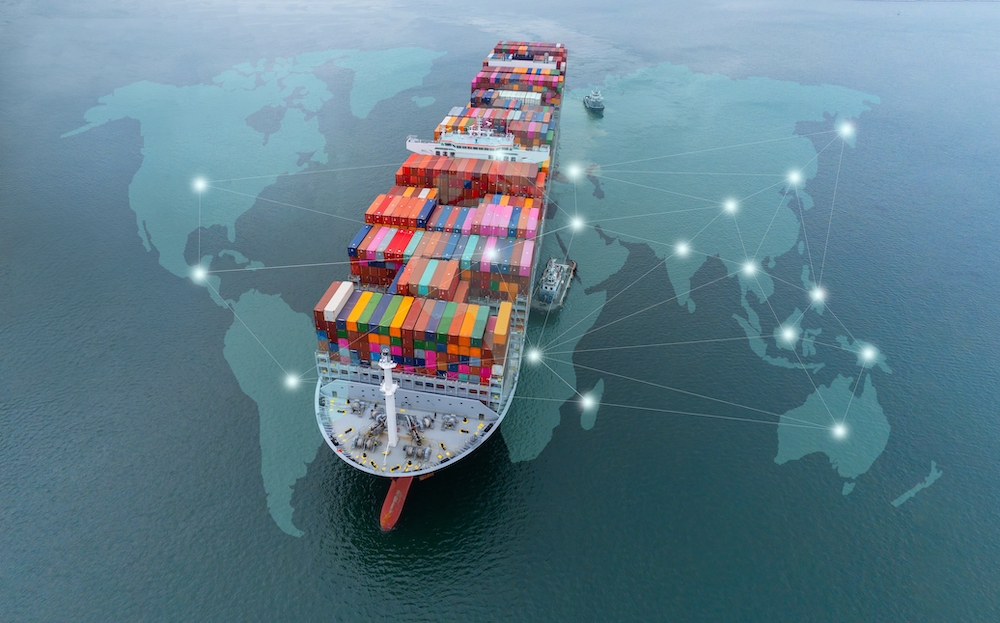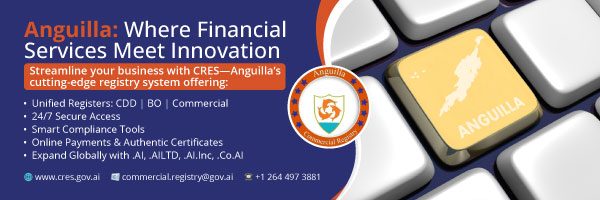Trade Finance And SMEs: Connecting The Pieces
Despite high inflation, record energy prices, and geopolitical uncertainty, demand for SME trade finance is on the rise.
Access to finance is one of the biggest obstacles to business growth for SMEs, according to the World Bank. The global trade finance gap is estimated to have increased to $1.7 trillion in 2020 from $1.5 trillion in 2018, largely due to the COVID-19 pandemic. Business owners are facing barriers when it comes to receiving loans because of a hesitancy among high street banks to lend to smaller firms.
Trade constitutes the backbone of every economy and 80-90% of global trade requires financing. SMEs account for around 90% of companies and more than half of the jobs worldwide, according to the World Bank, and it is often those SMEs that are underserved and lack access to affordable trade finance.
SMEs require working capital that grants them access to new markets.
Supporting SMEs financial needs and ensuring that the operate in a supportive financial environment is crucial to every country’s growth. The availability of finance is essential for a healthy trading system. Today, up to 80% of global trade is supported by some sort of financing or credit insurance. However, there are significant gaps in provision and therefore many companies cannot access the financial tools that they need. Without adequate trade finance, opportunities for growth and development are missed; businesses are deprived of the fuel they need to trade and expand, and economies weaken.
SME funding has become increasingly difficult to secure since the 2008 financial crisis, when banks were forced to hold more cash reserves to strengthen their balance sheets and consequently reined in lending to individuals and businesses. However, things are changing.
Why is international trade finance important to SMEs?
Across all countries, SMEs have a disproportionately smaller share of direct international trade than they do of economic activity in general, and the gaps between the two measures typically increase as firm size decreases.
SMEs require working capital that grants them access to new markets. However, these companies face the most challenges when it comes to obtaining the financing they need. More than a quarter of UK businesses say that banks won’t lend to them. Additionally, traditional bank loans often aren’t an option and usually don’t provide payment protection. As a result, an SME’s working capital can be tied up in the shipment of goods for up to six weeks.

Businesses are increasingly turning to alternative forms of finance amid the cost-of-living crisis. Banks and mainstream lenders have not kept up with the needs of today’s businesses, and lack the agility, scalability and speed to provide organisations with critical funding. They can’t provide all the corporate financing needed. The regulations overseeing bank operations make it expensive for them to lend to companies. International trade finance companies like Euro Exim Bank (EEB) offer alternative financing solutions, specifically tailored to meet the needs of SMEs.
EEB, as specialists in trade finance, saw a market opportunity – servicing corporates and SME’s with a focus on instruments designed to facilitate cost-effective and efficient global trade, working exclusively with buyers across the globe. There were old age problems that needed innovative solutions, and EEB rose to the challenge. Supply chain issues, changes in manufacturing patterns and fraud can all impact overseas trade. And a report by the World Trade Organization – Trade finance and SMEs – Bridging the gaps in provision – highlights that globally, over half of the trade finance requests by SMEs are rejected, against just 7% or multinational companies.
Banks are increasingly risk averse
SME finance is a crucial area when it comes to the global growth of small business. However, SMEs often encounter difficulties in sourcing finance through conventional routes, a problem that has only been exacerbated by the uncertainty surrounding Brexit and the cost-of-living crisis. High-street banks are becoming increasingly cautious over lending money to any business that they deem to be ‘high risk’. Additionally, local banks have low levels of liquidity, and not necessarily the systems, or expertise to assist in international deals.
Who to turn to?
Over the past few years, a record-low base rate and economic instability has left banks feeling cautious, while strict new capital adequacy ratios have forced them to tighten up their lending requirements. Fintech startups see that gap as a business opportunity.
Alternative lenders have been quick to fill this gap in the market by offering favourable loan terms for small businesses, and even start-ups. EEB is one of the fastest growing international financial institutions. Established in 2017, the bank is headquartered in St. Lucia, West Indies. It also has a representative office in London, along with a network of more than 8000 highly qualified agents, affiliates, and partners in 173 countries serving import and export businesses across the globe. Alternative finance like EEB is perfectly positioned to plug the finance gap.
Meeting a need:
There is substantial demand for EEB’s services. Some tier 1 banks have withdrawn from financing the SME sector or heavily reduce their presence as they are often perceived as high-risk. EEB provides a bespoke service, with appropriate collateral requirements. They build relationships at a local level supported by robust due diligence and compliance measures.
EEB has an envied reputation for its comprehensive compliance policies, with approximately 40% of staff specialised in Anti-Money Laundering and Know Your Customer processes. Its trade-tailored solutions and strong due diligence is unequalled. Coupled with the company’s competitive rates, EEB is a trusted partner that helps businesses extend their footprint by tapping into lucrative new markets.
With recessions looming and SMEs already navigating the impending challenges, alternative finance providers can facilitate as a trade finance service provider for current and future conditions.
Ambitious goals:
EEB has partnered with firms specialising in fraud detection, ID verification, company financial status, compliance and due diligence solutions, to protect all parties through the transaction lifecycle, ultimately ensuring with maximum information, that clients have the means and intent to settle transactions.
Their flagship offerings include Letter of Credit, Standby Letter of Credit, Bank Guarantee and Proof of Funds. EEB will further invest in blockchain and AI technologies, digitising processes and digitalising instruments, expand their range of products, facilitate trade in emerging and established markets.
The health and wealth of SMEs directly affects the health and wealth of the global economy. Whilst the disparity associated with high-street bank loans has increased, the amount of alternative finance like EEB has continued to increase year-on-year, bridging the gap, and ensuring the continued growth and welfare of international trade.


